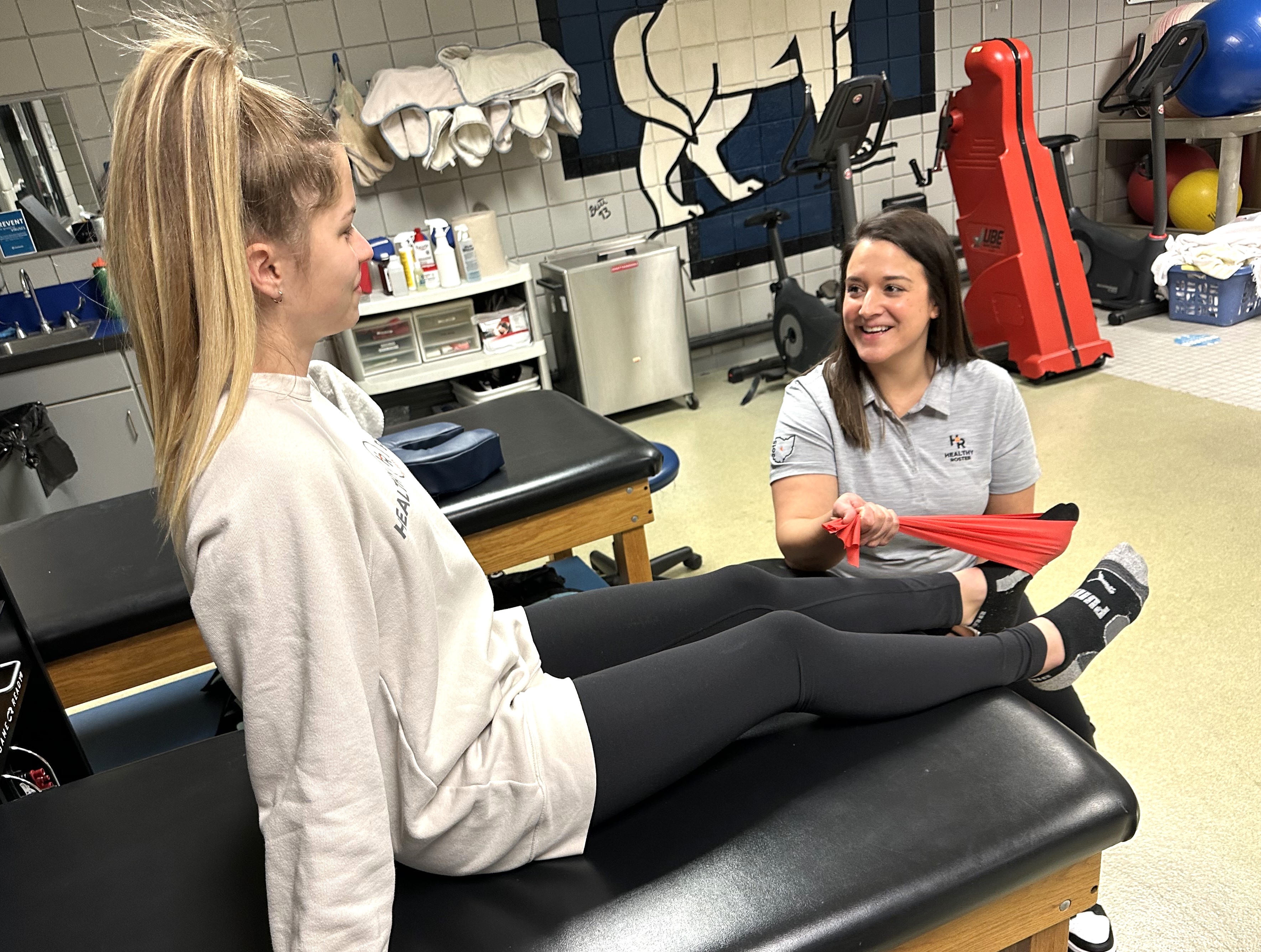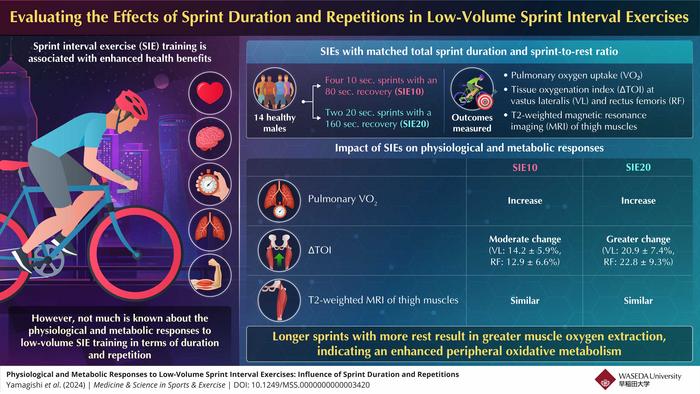Sign-On Bonuses Boosted Nurse Retention. Okay... Now Do Athletic Trainers!
 As the healthcare industry navigates the aftermath of the pandemic, the challenge of retaining skilled professionals has become increasingly apparent.
As the healthcare industry navigates the aftermath of the pandemic, the challenge of retaining skilled professionals has become increasingly apparent.
Palomar Health in Escondido, California, confronted this issue head-on by introducing a novel approach to nurse retention, offering $100,000 sign-on and retention bonuses over three years.
 This bold move, as described by President and CEO Diane Hansen, was aimed at reducing the reliance on contract labor and fostering a long-term commitment among the nursing staff.
This bold move, as described by President and CEO Diane Hansen, was aimed at reducing the reliance on contract labor and fostering a long-term commitment among the nursing staff.
"We wanted to do something drastic, something that was market changing that would draw nurses to us."
This strategy not only highlights the critical role of incentives in healthcare staffing but also raises questions about the broader implications for other healthcare professionals, notably Athletic Trainers.
Athletic Trainers, despite being integral to patient care and recovery, remain among the lowest-paid healthcare professionals. In a recent report of the 20 lowest paying jobs in healthcare, ATs were listed at #12.
The parallel between increasing nurse retention through financial incentives and the potential impact of similar strategies on Athletic Trainers is striking.
Just as significant bonuses have the potential to attract and retain nurses, increasing salaries for Athletic Trainers could similarly enhance their retention and attract even more qualified professionals to the field.
The success of Palomar Health's initiative offers valuable insights into the power of financial incentives in healthcare.
"The program was incredible in reducing reliance on travelers and agency staffing."
This success story serves as a compelling argument for reevaluating the compensation structures for ATs. By investing in their wellbeing and professional satisfaction through competitive salaries, healthcare institutions can ensure a more stable and motivated workforce across all disciplines.
Moreover, Hansen's focus on building a strong culture and investing in team-wide wellness underscores the importance of holistic approaches to employee satisfaction.
"If you can get energized, happy and connected team members taking care of themselves, that will translate into a better patient experience and overall benefit the organization."
This philosophy can be equally applied to Athletic Trainers, whose job satisfaction and wellbeing are crucial for the high level of patient care they provide. And they do so while tirelessly working non-traditional hours and often putting in longer shifts than many other healthcare professionals.
As the industry continues to evolve, the story of Palomar Health serves as a reminder of the value of investing in healthcare professionals.
Simply put, if it was successful for nurses, it will certainly benefit Athletic Trainers too.
Read the full story here!
![HR Logo [Recovered]_Full Color Vertical-1](https://blog.healthyroster.com/hs-fs/hubfs/HR%20Logo%20%5BRecovered%5D_Full%20Color%20Vertical-1.png?width=199&height=178&name=HR%20Logo%20%5BRecovered%5D_Full%20Color%20Vertical-1.png)
 By
By


